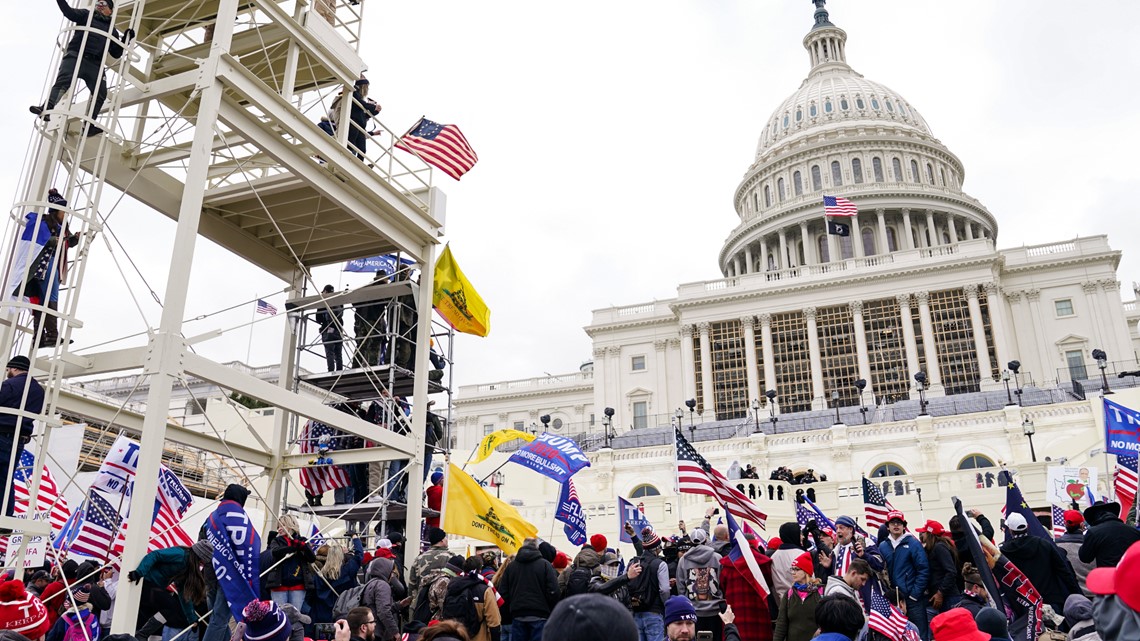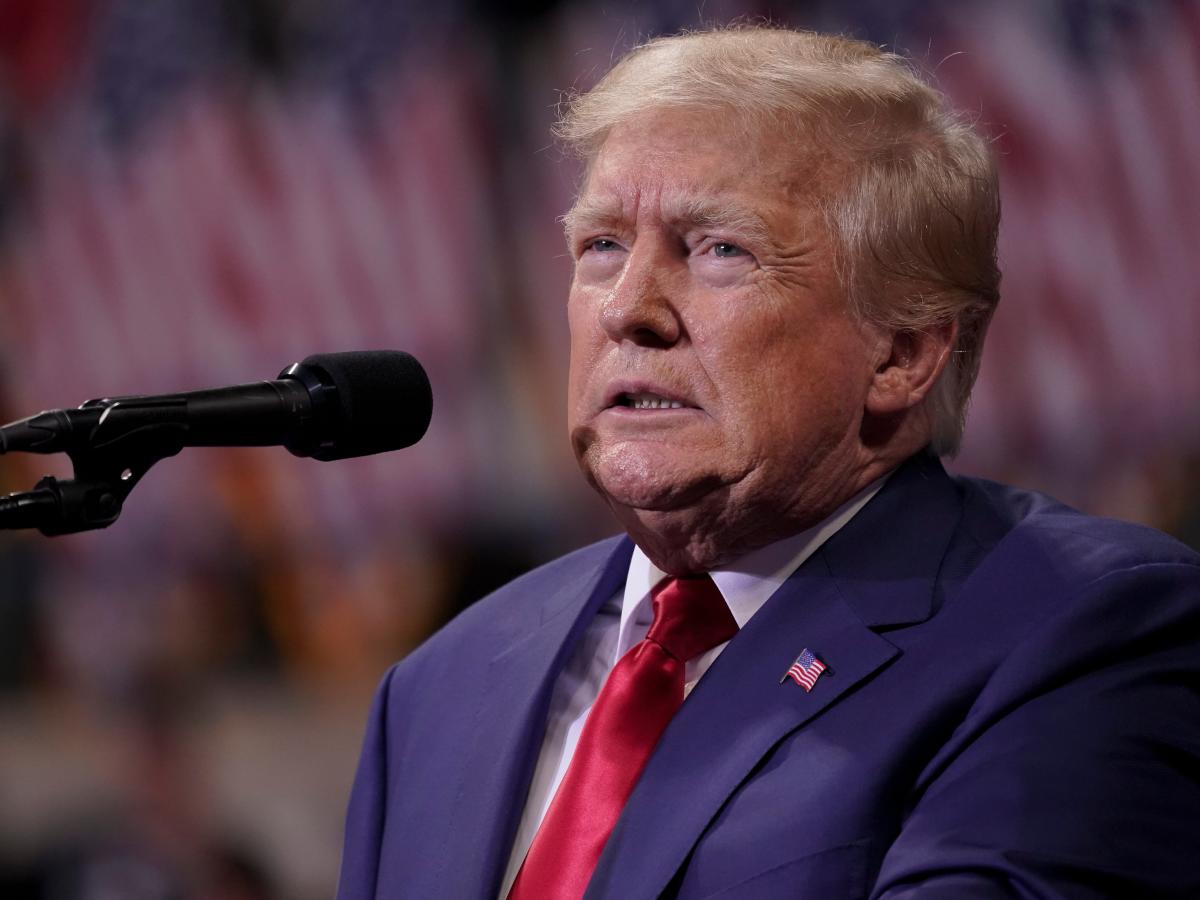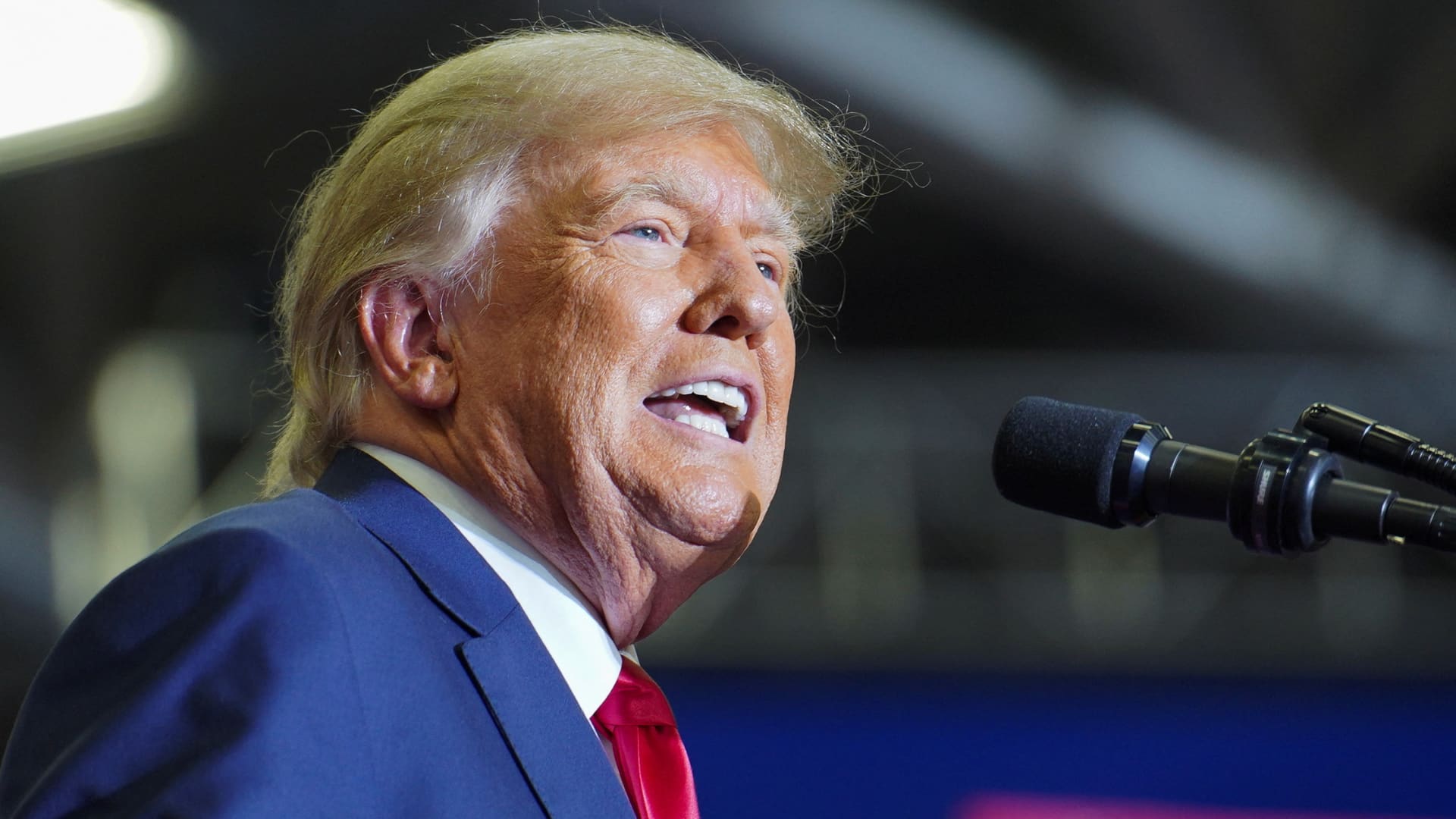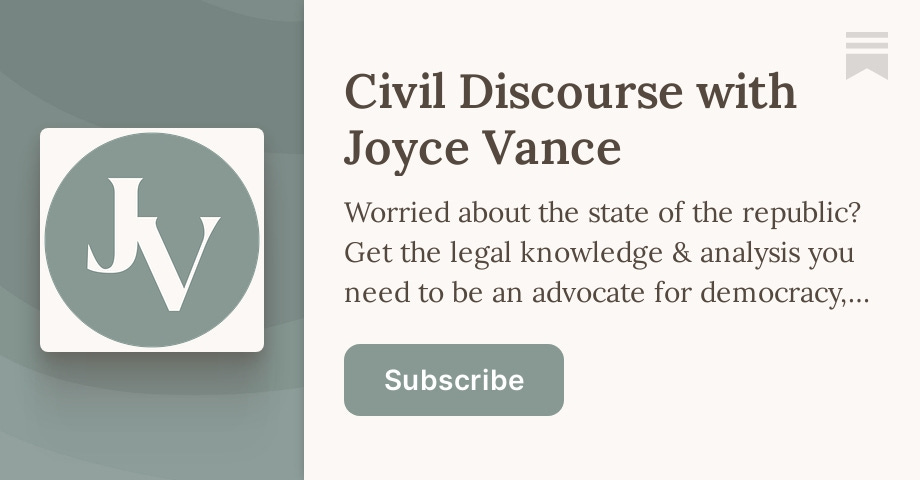Sixties Fan
Diamond Member
- Mar 6, 2017
- 58,666
- 11,124
- 2,140
- Thread starter
- #261

TIMELINE: From a presidential speech to insurrection, here's how the Capitol riots evolved
It took about an hour from the time rioters arrived at the Capitol to breach all police barricades and overtake the legislative building.





